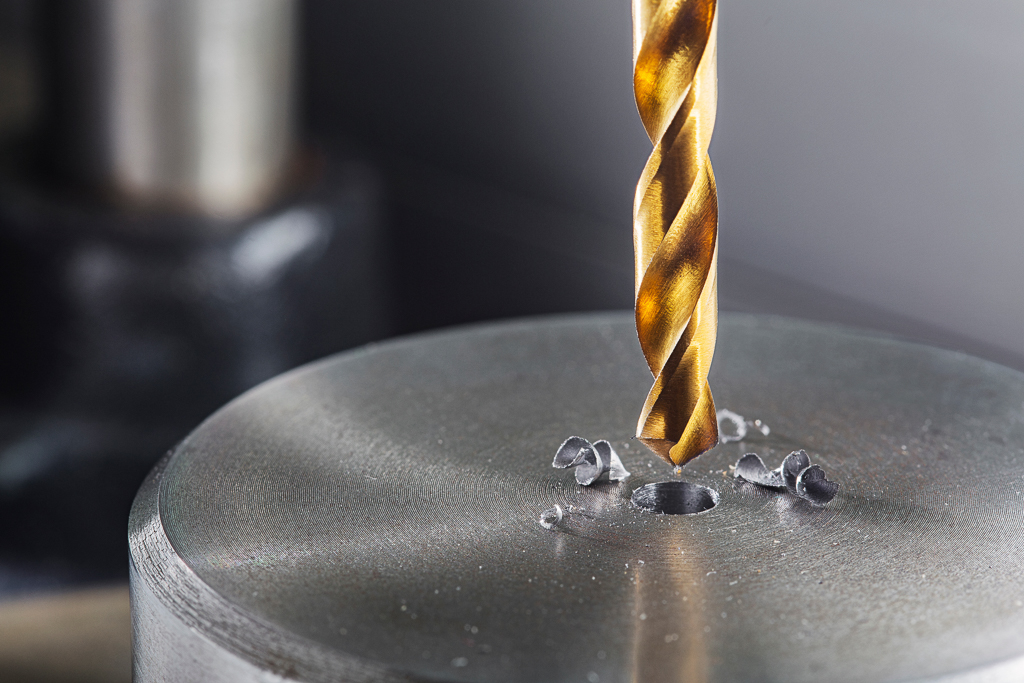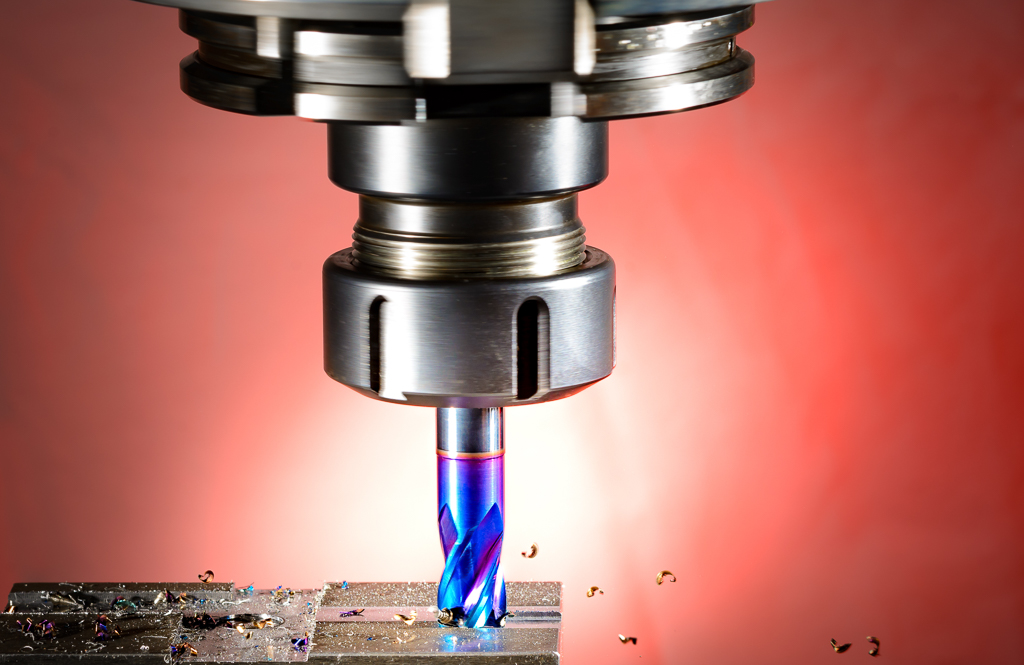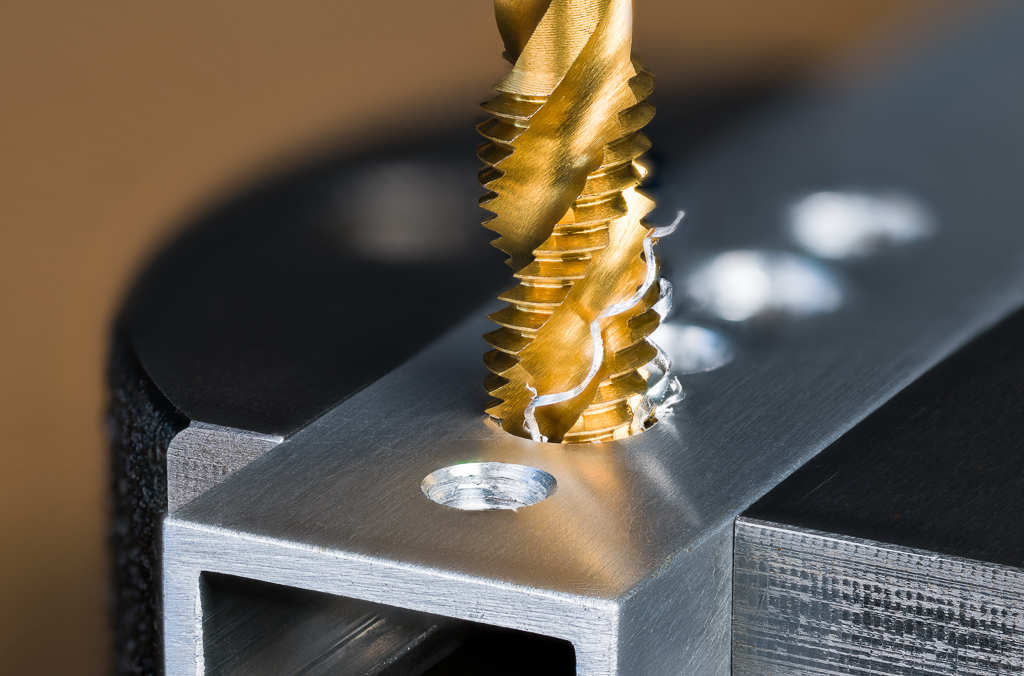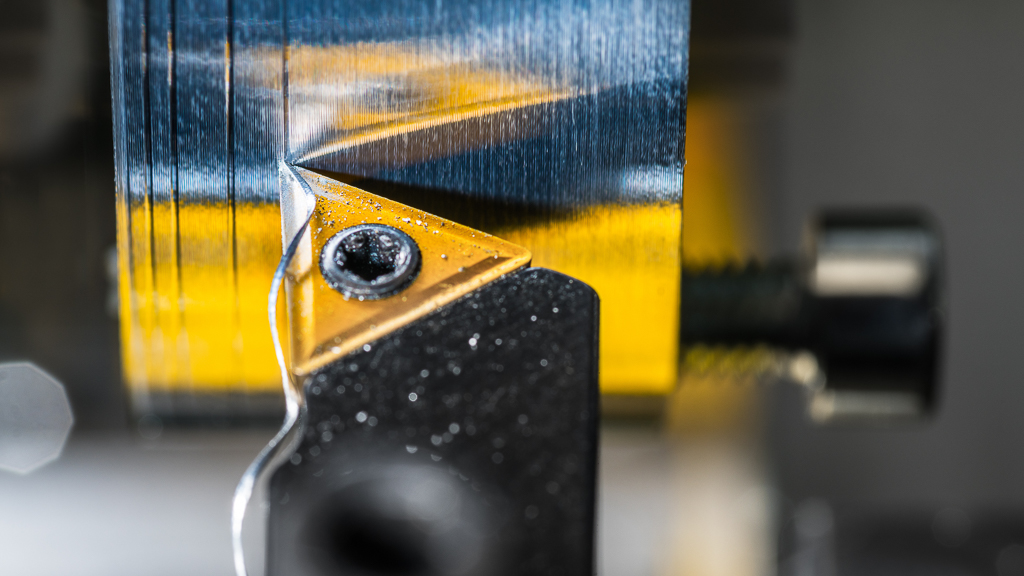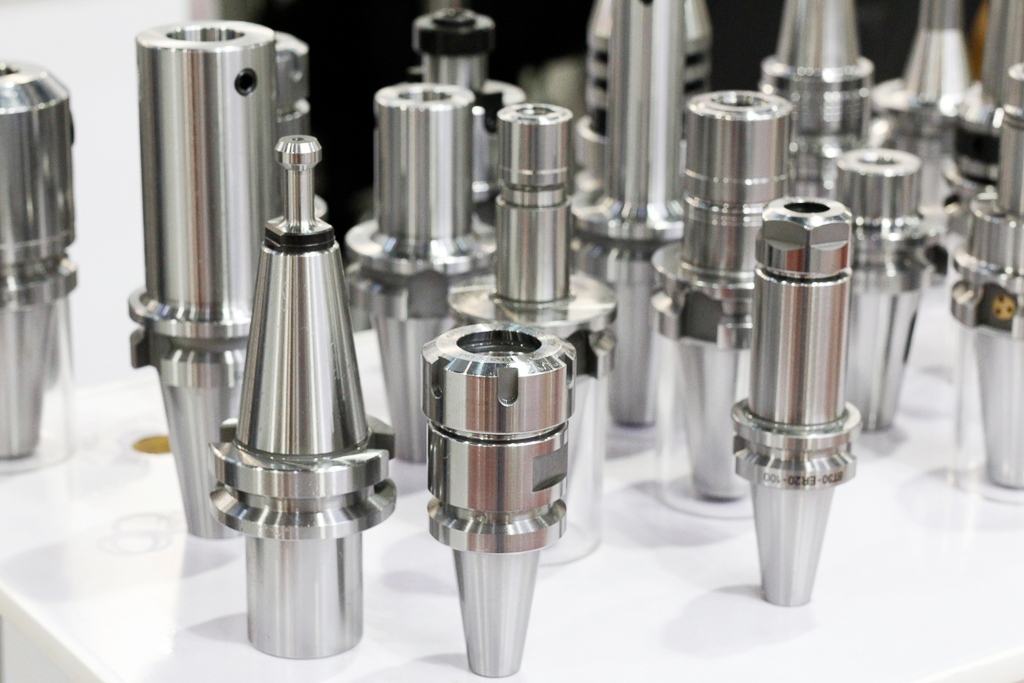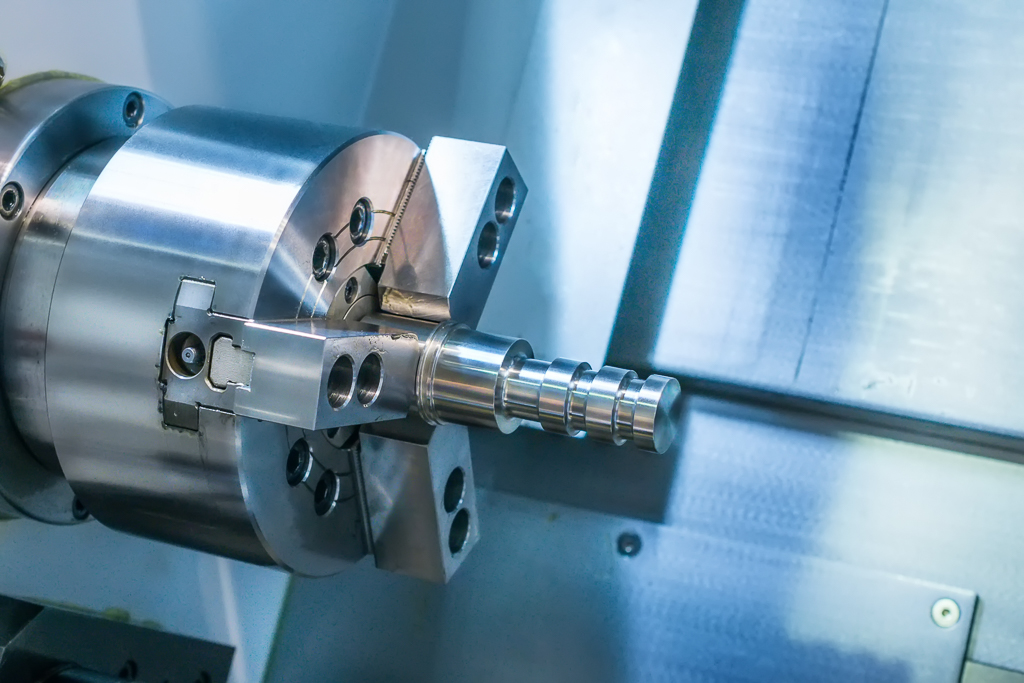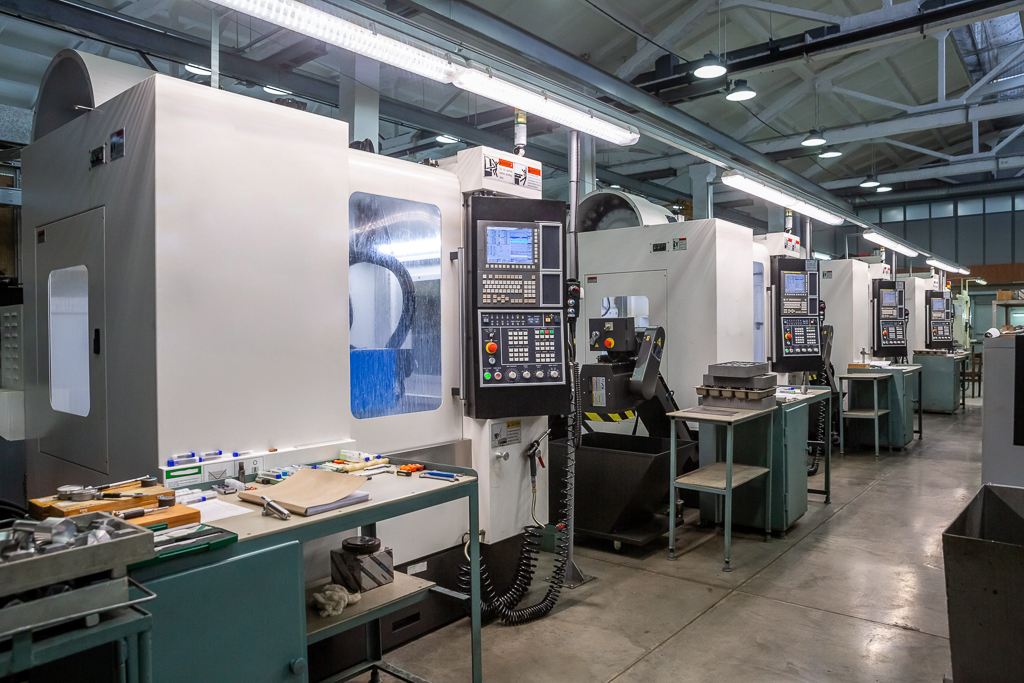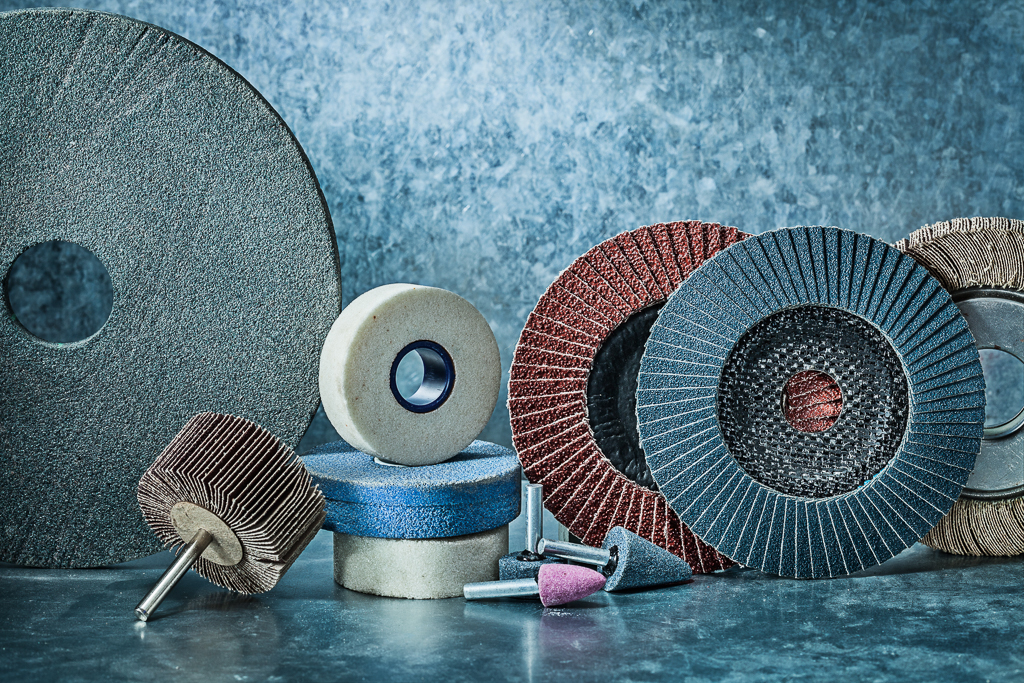- Spares And Accessories
- Inspection Equipment+
- Lathe Tools+
- Hole Making +
- Hole Finishing +
- Indexable Inserts
- Threading Equipment+
- Milling+
- Tool Holding +
- Work Holding
- Machinery+
- Deburring
- Edge Forming
- Company Pages
- About Us
- Returns Policy
- Calibration
- Condition Grading Information
- Custom Tooling
- Our Products
- Our Services
- Tool Refurbishment
- Selling Your Assets
- Information Hub
- Technical Support
- Trade Account Information
- Opening Times
- FAQs
- Terms & Conditions
- Privacy Policy

FREE Next Day Delivery
On Orders Over £45 (ex VAT)*

Same Day Dispatch
On Orders Before 5pm*

Consignments Insured
For Peace of Mind

Trade Accounts Welcome
Start Saving Today




